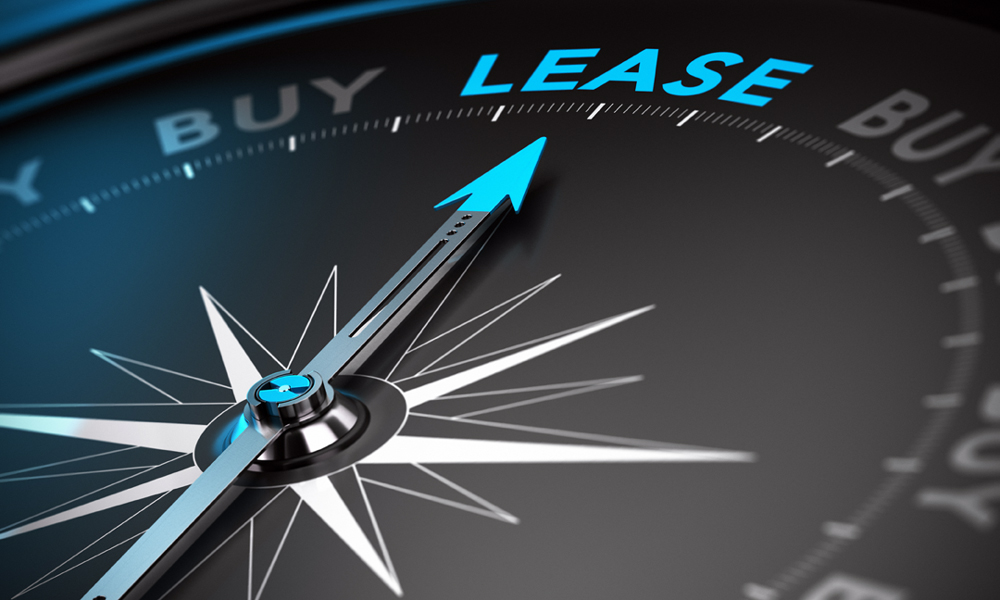Is it worth investing in electric cars for car leasing?
Green motoring has become a much more viable option in recent years, for a variety of reasons – although some still debate their value to both the consumer and the car market as a whole. What’s often overlooked, however, is the idea of leasing these cars – Go Green Leasing explains why this may be the missing factor for a lot of businesses:
Fuel Costs and Consumption
Whether you’re leasing vehicles for a business or for personal use, the biggest overarching cost is the price of the petrol (or, occasionally, diesel) needed to fuel them. This has become such a major factor that the car industry is starting to value the ‘fuel economy’ of a brand or model over its speed and acceleration.

Electricity isn’t free (unless you generate it yourself), but the cost of electrical power is often far less expensive unless you’re getting it from a very specialised private power company. A refuel that would normally cost £50 could be as cheap as £10, if not less, allowing you to get at least five complete refuels on the same budget. The rate of fuel consumption may be higher than with conventional vehicles, but the cost can easily counterbalance this.
It’s true that electric cars are generally less powerful than their fossil fuel counterparts, but this would only matter in specific situations – a petrol car would be better at climbing a steep hill, for example, but electric lease cars are far more efficient and practical in a flat, well-built city.
Future Developments
Whether you consider it a shift in the market or a social fad, electric cars are here to stay – but only in the areas they can be used. The slow rollout of charging points and services means that they’re still not viable in every part of the world, making them inefficient as a family car or permanent work car – but excellent as a leased vehicle.
However, it’s still a developing marketing with a lot of potential – which can be a scary thing to anybody who’s planning on investing their money into it. The economic and logistical impact of electric vehicles could change a lot about the way hundreds of industries operate, and as newer models are released, we could see older electric cars become obsolete or outclassed.
This argument can be countered with one fact – at the time of writing, the average electric car is cheaper to own, run and replace than the average petrol or diesel car. Potential owners and investors who wait for a more developed market are missing out on the immediate benefits that owning an electric vehicle provides: cheaper fuel, quieter driving and the ability to charge in your own home, just to name a few.
Leasing an Electric Car
Leasing a vehicle is less flexible than owning one, no matter what powers it or what kind of vehicle it actually is. A lease, by design, indirectly encourages more controlled movement in a smaller area, sometimes with direct limits on where and how it can be used.
With a conventionally-powered vehicle, this leads to a frustrating lack of freedom, but the modern electric car is already put under similar limits to this. The lack of rural charging points, low off-road power, limited acceleration and the inability to easily carry an extra can of fuel all work in its favour – a lease would naturally suit an already-limited car.
Since taxes on electric vehicles are virtually non-existent in most countries, the only real cost involved is the power costs and the lease price – the latter of which may actually be cheaper than a petrol-powered counterpart.